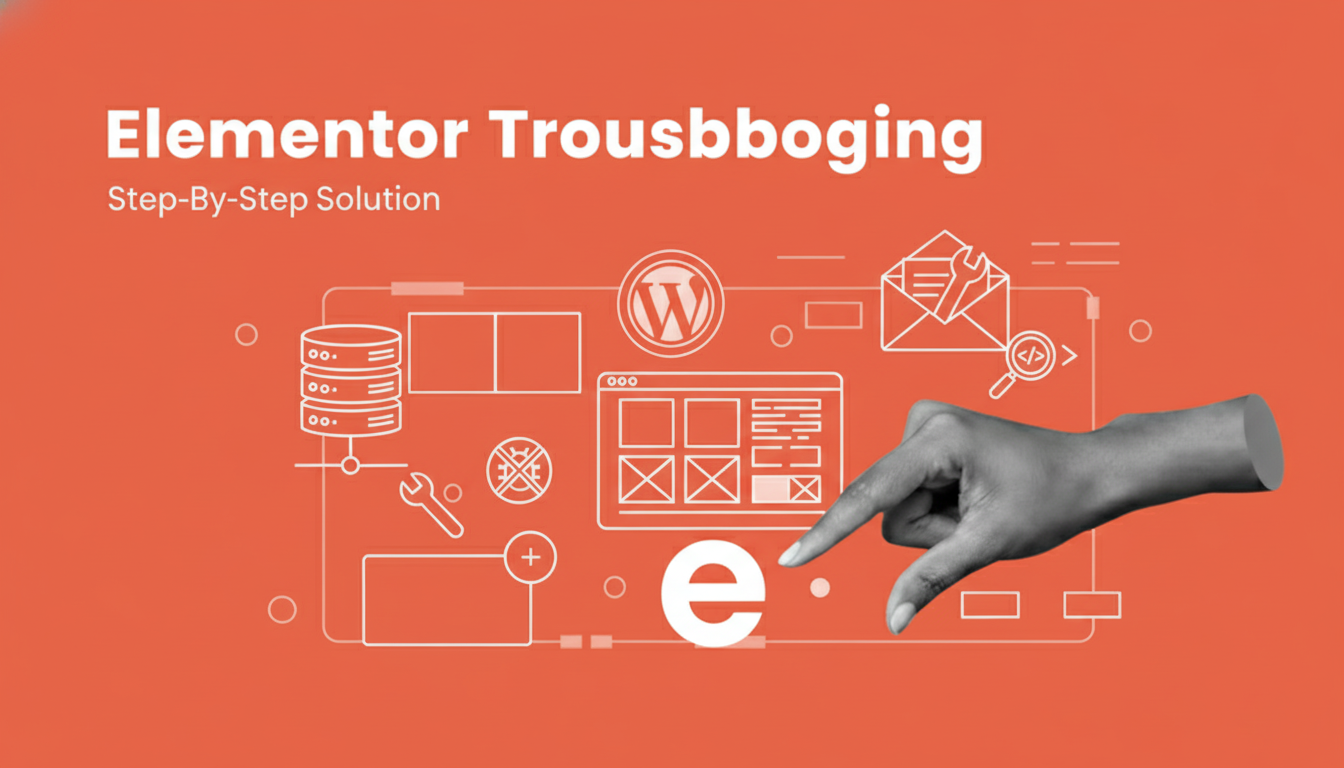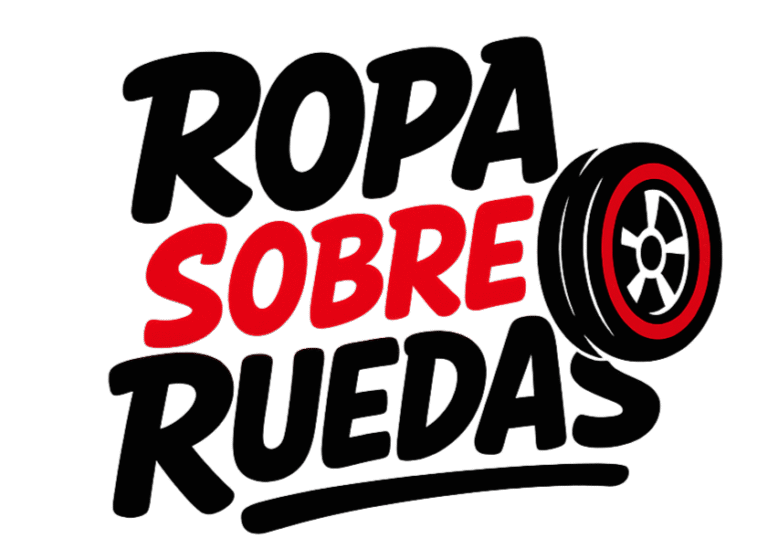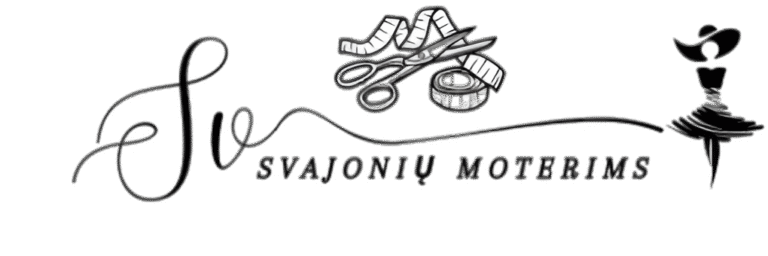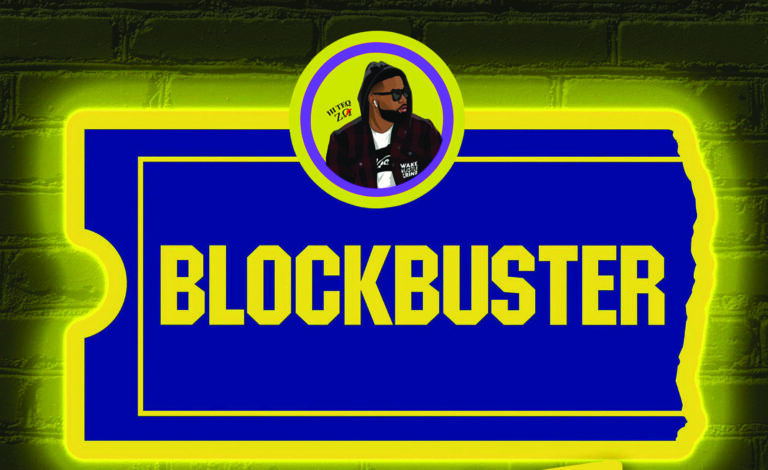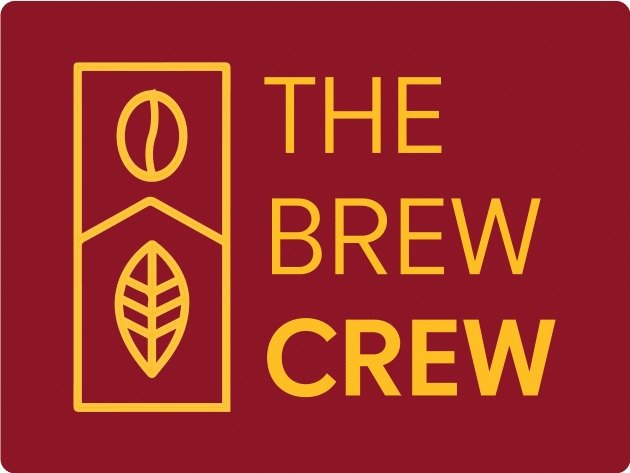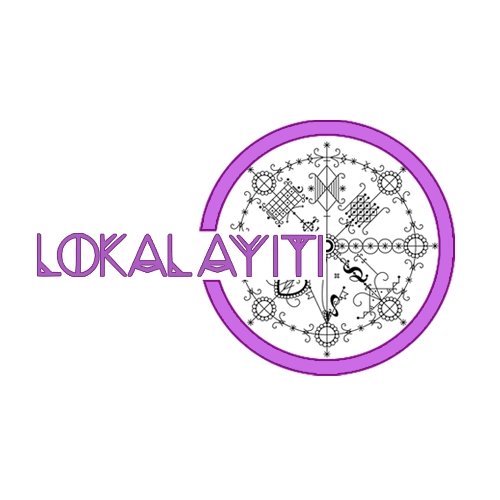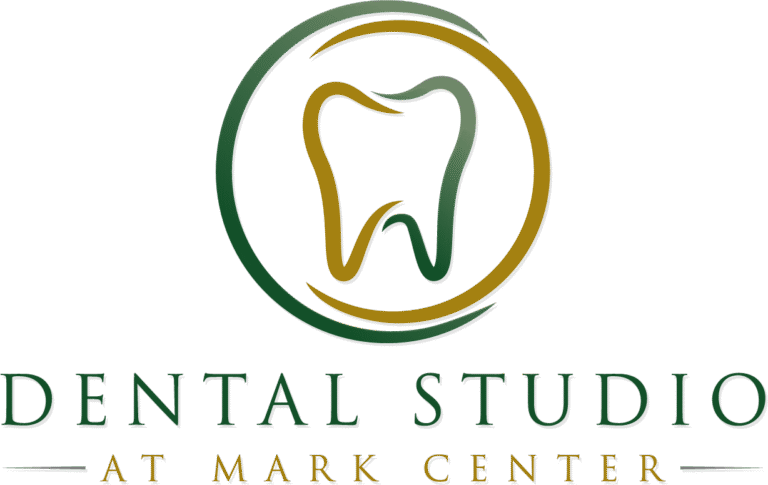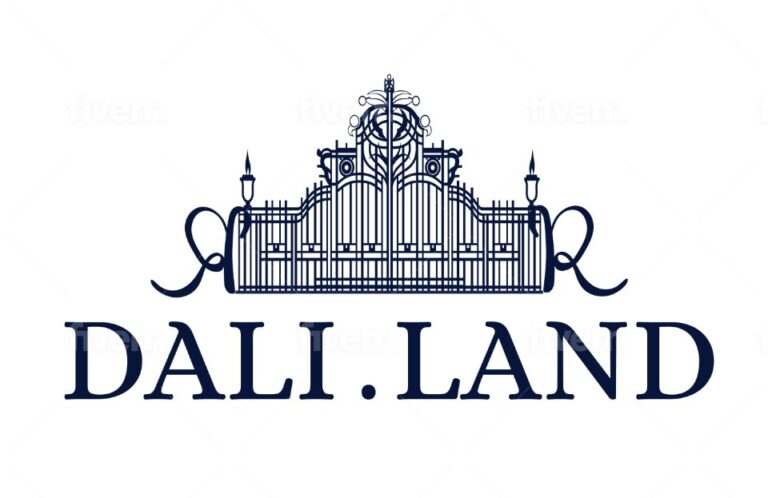“`html
Fix Elementor Templates Not Loading Error
Are you an Elementor user encountering the frustrating “Elementor templates not loading” error? You’re not alone. This common issue can bring your website development to a halt, leaving you scratching your head. Whether you’re trying to insert a pre-designed template, load a saved one, or even access the Elementor library, a non-loading template can be a major roadblock.
The good news is that most instances of Elementor templates not loading are resolvable with a systematic approach. In this comprehensive guide, we’ll walk you through the most common causes and provide a range of step-by-step solutions to get your Elementor templates working flawlessly again. We’ll cover everything from simple cache clearing to diagnosing server-side conflicts, ensuring you have all the tools to troubleshoot successfully.
Let’s dive in and fix those stubborn Elementor templates not loading issues!
Why Are Your Elementor Templates Not Loading? Common Causes
Before we jump into the solutions, understanding the root causes of Elementor templates not loading can help you diagnose the problem more efficiently. Here are the most frequent culprits:
1. Caching Issues
Website caching (browser, plugin, or server-side) can often prevent Elementor from fetching the most recent data, leading to Elementor templates not loading correctly. Old cached data might interfere with new content or Elementor’s JavaScript.
2. Plugin or Theme Conflicts
WordPress is an ecosystem of plugins and themes. Sometimes, a poorly coded plugin or an incompatible theme can interfere with Elementor’s functionality, causing Elementor templates not loading, or even breaking the Elementor editor itself.
3. PHP Version and Resources
Elementor, especially newer versions, requires a modern PHP version and sufficient server resources (like PHP memory limit) to function optimally. An outdated PHP version or low memory limits can lead to Elementor templates not loading, editor malfunction, or slow performance.
4. Elementor Plugin Issues
Corrupted Elementor files, an outdated version of Elementor (or Elementor Pro), or even certain settings within Elementor itself can prevent Elementor templates not loading.
5. Web Server Configuration
Less common but still a possibility, certain web server configurations (like Nginx rules, mod_security, or strict WAF settings) can block Elementor from making the necessary requests to load templates, resulting in Elementor templates not loading.
6. Database Issues
While rarer, database corruption or incorrect table prefixes can sometimes affect how Elementor stores and retrieves template data, influencing Elementor templates not loading.
Actionable Solutions to Fix Elementor Templates Not Loading
Now that we understand the potential reasons, let’s explore robust solutions. Work through these steps systematically until your Elementor templates are loading as they should.
Solution 1: Clear Caches (The First Line of Defense)
Caching is a common culprit for Elementor templates not loading. Always start here.
A. Clear Browser Cache
Your browser stores temporary files to speed up browsing. Old files can conflict with Elementor.
- For Chrome: Go to Settings > Privacy and Security > Clear browsing data. Select “Cached images and files” and choose a time range (e.g., “All time”), then click “Clear data.”
- For Firefox: Go to Options > Privacy & Security > Cookies and Site Data > Clear Data… Ensure “Cached Web Content” is checked, then click “Clear.”
- For other browsers: Consult your browser’s documentation for specific steps.
- After clearing, reload your Elementor editor.
B. Clear WordPress Caching Plugin Cache
If you’re using a caching plugin (like WP Super Cache, LiteSpeed Cache, WP Rocket, W3 Total Cache), it needs to be cleared.
- Log in to your WordPress dashboard.
- Navigate to your caching plugin’s settings.
- Look for an option like “Clear Cache,” “Delete Cache,” or “Purge All Caches.”
- Perform the clearing action.
- Reload the Elementor editor to check if Elementor templates not loading issue is resolved.
C. Clear Server-Side Cache (if applicable)
Many hosting providers offer server-side caching. If you’re on a managed WordPress host like Hostinger, you might have specific caching tools.
- Log in to your hosting control panel (e.g., hPanel, cPanel).
- Look for a “Cache Manager,” “Purge Cache,” or similar option.
- Clear all server caches.
- Reload your Elementor editor.
Tip: Always try clearing all relevant caches after making any significant changes to your website or when troubleshooting Elementor templates not loading.
Solution 2: Increase PHP Memory Limit and Update PHP Version
Elementor is resource-intensive. Insufficient PHP memory or an outdated PHP version is a frequent cause of Elementor templates not loading.
A. Increase PHP Memory Limit
Elementor recommends a minimum of 128MB, but 256MB or even 512MB is often better for complex sites. See Elementor’s System Requirements for details.
- Method 1 (via
wp-config.php):- Access your website’s files using an FTP client (like FileZilla) or your hosting file manager.
- Locate the
wp-config.phpfile in your WordPress root directory. - Edit the file and add the following line just above
/* That's all, stop editing! Happy publishing. */:define( 'WP_MEMORY_LIMIT', '256M' ); - Save the file and upload it back.
- Method 2 (via
php.ini):- If you have access, locate your
php.inifile (often in the root or apublic_htmlfolder). - Find the line
memory_limitand change its value:memory_limit = 256M; - Save the file.
- If you have access, locate your
- Method 3 (via Hosting Control Panel):
- Most hosting providers (like Hostinger) allow you to modify PHP settings directly from their control panel.
- Look for a “PHP Configuration,” “PHP Settings,” or “Multi PHP Manager” section.
- Increase the
memory_limitvalue.
- Verify: After making changes, go to Elementor > System Info in your WordPress dashboard to confirm the memory limit has increased.
B. Update PHP Version
Elementor recommends PHP 7.4 or higher for optimal performance and security. See Elementor’s official requirements.
- Log in to your hosting control panel.
- Look for a “PHP Configuration,” “PHP Version,” or “Multi PHP Manager” tool.
- Select a newer, supported PHP version (e.g., PHP 8.0, 8.1, or 8.2).
- Apply the changes.
- Test your site thoroughly after the update.
Important: Always back up your website before updating PHP, as some older plugins or themes might not be compatible with newer PHP versions.
Solution 3: Check for Plugin and Theme Conflicts
Conflicts are a very common reason for Elementor templates not loading. This requires a systematic approach.
A. Temporarily Deactivate Other Plugins
- Go to Plugins > Installed Plugins in your WordPress dashboard.
- Deactivate all plugins except Elementor and Elementor Pro (if you use it).
- Clear all caches (browser, WordPress, server).
- Try loading your Elementor template again.
- If the template loads: This indicates a conflict with one of your deactivated plugins.
- Reactivate your plugins one by one.
- After reactivating each plugin, clear caches and check if the Elementor templates not loading issue reappears.
- When the problem returns, you’ve found the conflicting plugin.
- Once identified, consider finding an alternative, contacting the plugin developer, or reporting the issue to Elementor support.
B. Temporarily Switch to a Default WordPress Theme
Your theme might be causing the Elementor templates not loading issue.
- Go to Appearance > Themes in your WordPress dashboard.
- Activate a default WordPress theme like “Twenty Twenty-Four” or “Twenty Twenty-Three.”
- Clear all caches.
- Try loading your Elementor template.
- If the template loads: Your theme is likely the problem.
- Contact your theme developer for support.
- Consider switching to an Elementor-friendly theme like Hello Elementor, Astra, or GeneratePress.
Note: Deactivating plugins or changing themes can affect your site’s functionality and appearance. It’s highly recommended to perform these steps on a staging site first, or at least during off-peak hours with a backup readily available.
Solution 4: Reinstall Elementor and Elementor Pro
Sometimes, core Elementor files can become corrupted, leading to issues like Elementor templates not loading.
- Backup Your Site: Before proceeding, ensure you have a full backup of your website.
- Deactivate and uninstall both Elementor and Elementor Pro (if installed).
- Go to Plugins > Add New.
- Search for “Elementor” and reinstall the free version.
- If you have Elementor Pro, download the latest version from your Elementor account and upload it via Plugins > Add New > Upload Plugin.
- Activate both plugins.
- Clear all caches.
- Check if the Elementor templates not loading problem persists.
Solution 5: Check Elementor Settings
A. Experiment with Elementor’s “Editor Loader” Method
Elementor includes an experimental feature that can sometimes help with loading issues.
- Go to Elementor > Settings > Experiments.
- Find “Editor Loader” and try switching it between “Default” and “Alternative.”
- Save changes and clear caches.
- Reload the editor.
B. Regenerate CSS & Data
Sometimes, Elementor’s CSS files can become corrupted or outdated.
- Go to Elementor > Tools > General.
- Click on “Regenerate Files & Data.”
- After it finishes, click “Sync Library” (if you’re having issues with Elementor’s template library).
- Clear all caches.
- Reload the editor.
Solution 6: Check for Server-Side Issues and HTTP/SSL
Your web server configuration can sometimes block Elementor’s requests, leading to Elementor templates not loading.
A. Ensure Proper SSL/HTTPS Configuration
If your site uses HTTPS, ensure it’s correctly configured and there are no mixed content warnings. Elementor might struggle to load resources (like templates) if there’s an SSL mismatch.
- Install an SSL plugin (e.g., Really Simple SSL) to force HTTPS across your site.
- Check for mixed content warnings in your browser’s developer console (F12 > Console tab).
- Ensure your WordPress Site Address (URL) and WordPress Address (URL) are both set to HTTPS in Settings > General.
B. Contact Your Hosting Provider
If you suspect server-level issues, or if none of the above solutions work, it’s time to reach out to your hosting provider. Inform them about the Elementor templates not loading issue and provide the following details:
- Steps you’ve already taken.
- Any error messages you see in your browser’s developer console (F12 > Console tab).
- Ask them to check server error logs (
error_logfiles), mod_security rules, and internal server errors that might be blocking Elementor’s requests.
Solution 7: Review Error Logs
Error logs can provide valuable clues when Elementor templates not loading. They record critical information about issues happening on your server or within your WordPress installation.
- WordPress Debugging:
- Access your
wp-config.phpfile via FTP or file manager. - Change
define( 'WP_DEBUG', false );todefine( 'WP_DEBUG', true ); - Add the following line below it to save errors to a file:
define( 'WP_DEBUG_LOG', true ); - Reproduce the Elementor templates not loading issue.
- Check the
wp-content/debug.logfile for any errors related to Elementor or other plugins/themes. - Remember to revert
WP_DEBUGtofalseonce you’re done, as displaying errors publicly can pose a security risk.
- Access your
- Server Error Logs: Your hosting provider typically has server error logs (e.g., Apache error logs, Nginx error logs). Access them via your hosting control panel or by asking your host. Look for recent errors that coincide with when you experience Elementor templates not loading.
Common Issues and Troubleshooting Elementor Templates Not Loading
Sometimes the “Elementor templates not loading” manifesting as specific sub-issues. Here’s how to address them:
Issue: Elementor Widgets Panel Not Loading or Spinning Indefinitely
This is often linked to the template loading issue and usually points to resource limits or conflicts.
- Solution: Review Solution 2 (PHP Memory Limit/Version) and Solution 3 (Plugin/Theme Conflicts). This is the most common fix for this specific symptom.
- Advanced: Check your browser’s developer tools (F12) Console tab for JavaScript errors. These can indicate conflicts.
Issue: Elementor Library Templates Not Showing Up
If you can’t access pre-designed templates from Elementor’s library, or your saved templates are missing.
- Solution:
- Go to Elementor > Tools > General.
- Click “Sync Library & Data.”
- Clear all caches.
- If the problem persists, check your internet connection and ensure your site can establish external connections (your host might have firewall rules blocking API calls to Elementor’s library).
Issue: “The Content Area Was Not Found in Your Page” Error
This message often appears when Elementor doesn’t detect the the_content() function in your page template, or if the page template structure is not compatible.
- Solution:
- Ensure you are editing a page (not a post or custom post type that might have a different template structure).
- Check your page template settings. In the Elementor editor, go to “Settings” (bottom left gear icon) > “Page Layout” and try “Elementor Full Width” or “Elementor Canvas.”
- If using a custom theme, verify that the theme’s page template includes
the_content()function within its loop. Refer to

